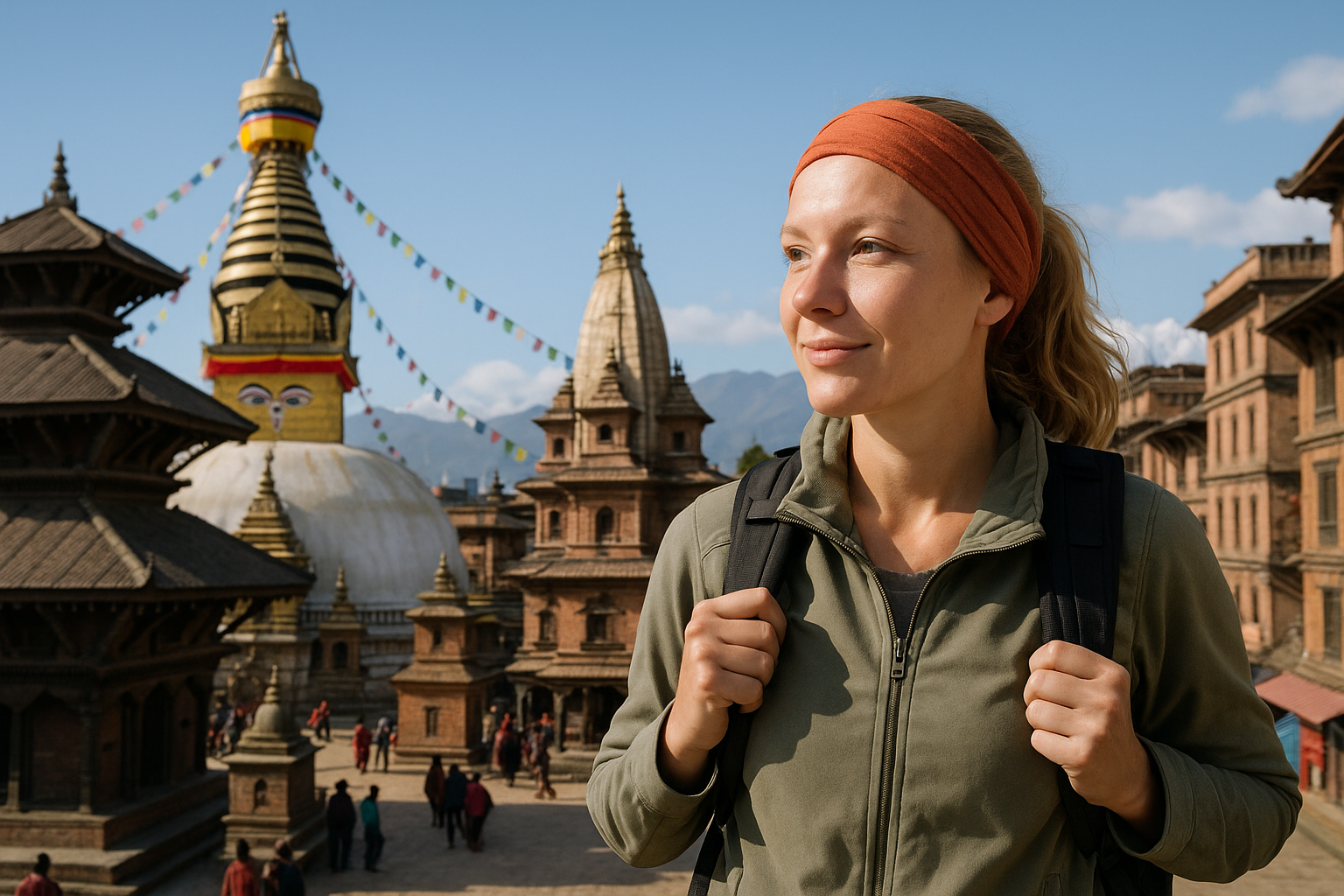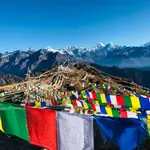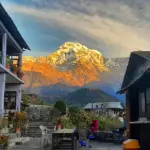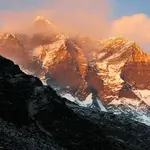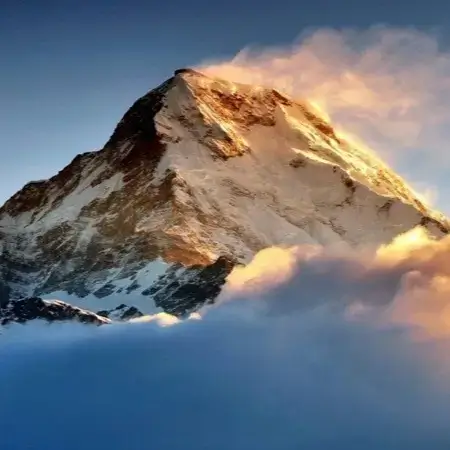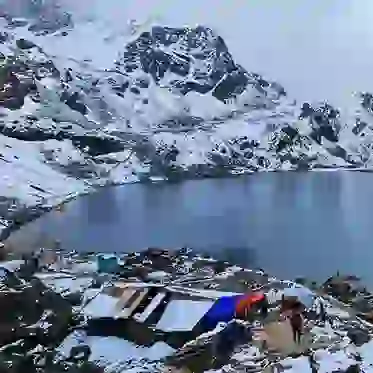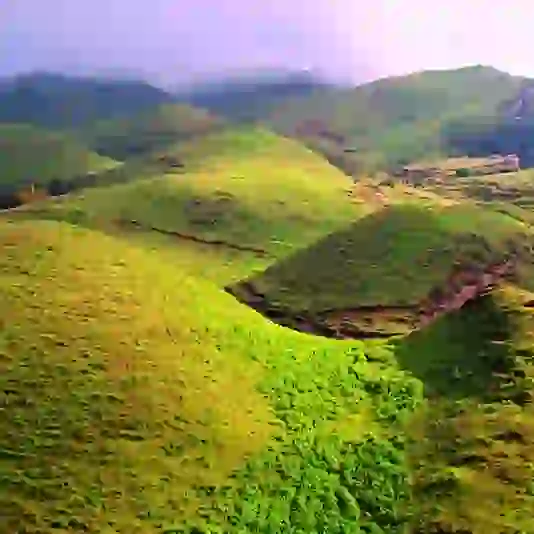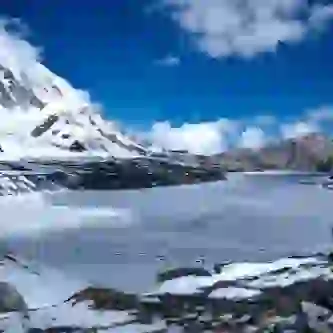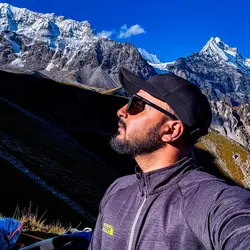Is Nepal Safe For Tourists?
Many people wonder if Nepal is the safest nation to visit. The answer is yes, as the crime rates in Nepal are incredibly low, making the country very safe for all sorts of internal and international tourists. The nation has strived to aid visitors by taking several measures. Big cities such as Pokhara and Kathmandu have excellent healthcare centres and professionals in case of difficulties.
Overall, the crime rate in Nepal is generally low; however, it is always better to be safe than sorry. Thus, travellers should always be self-aware and vigilant, and avoid all those traps that are usually easy to spot. For example, avoid walking alone at night and be cautious with your high-quality bags and belongings, such as mobile devices and wallets.
About Nepal
Nepal is a landlocked nation blessed with stunning natural scenery. Nepal has sky-touching great mountains, lovely valleys and serene lakes. There are more than eight enormous mountains in Nepal. Apart from this topography, the climate is a significant feature of the nation, with several species of flora and fauna contributing to its overall beauty.
In this blog, we will discuss whether the small, yet great, Asian nation of Nepal is safe to visit. There are several reasons to visit this blessed nation. Some of these include visiting monasteries, festivals, and temples, which provide a great deal of spiritual satisfaction.
On the other hand, daring hikers will love Nepal, as it is a haven for mountain enthusiasts, offering paragliding facilities and other exciting excursions, as well as jungle safaris. The Nepali people welcome all tourists from different corners of the world. However, what surprises everyone is the delicate natural beauty and remarkable heritage that make up a significant part of Nepal.
Is It Safe and Secure To Visit Nepal as of 2026?
Nepal is one of the safest and most secure nations worldwide. However, it is always safer to monitor the ongoing conditions or follow advice from locals and guides when travelling to this great country, Nepal. The tourism officials have been making genuine efforts to make the country friendlier and more welcoming to the tourist world.
Measures such as health and safety in tourism are observed to reduce and eliminate risks to visitors and residents. Take good care of your health. Nepal remains one of the most attractive and safe tourism destinations for people who love adventure, culture, and breathtaking natural beauty.
Is Nepal Safe for Female Trekkers?
It is safe for aspiring women to travel independently in Nepal. Many women tourists visit Nepal each year and return with wonderful experiences. The people of Nepal are very hospitable, and you are likely to find them happy, gracious, and willing to help. This atmosphere is particularly conducive to travellers, making it easier for women to move around freely.
While it is always preferable for illustrious and hardworking travelling women to dress reasonably during their stay in Nepal, this is especially so when they travel to rural areas or visit shrines or temples.
For many travellers, the vital precaution is to avoid booking a room through low-ranked facilities and select a reputable tour operator that provides excellent additional services.
Nepal is one of the safest Asian nations worldwide; however, it is always wise for women travelling alone to take necessary precautions and be cautious to ensure their overall safety and physical well-being.
Is Nepal Safe to Travel Solo?
Yes, Nepal is safe for any group of people, especially for those travelling alone. Several individuals travel to the country alone and have a great time. The host culture and people are very welcoming, making it easy to connect with others. Street safety is generally acceptable when visiting famous tourist sites like Kathmandu, Pokhara, and the Lumbini region.
When travelling alone, one must observe standard precautions that should accompany the person when they are alone. Transportation also enhances security and safety; therefore, hiring registered taxis or tourist buses can improve your overall security. Ensuring that one stays in a hostel or guesthouse recommended by others or has a good reputation is helpful because it offers the best protection and a great social experience.
When is the best time to visit Nepal?
The best times to visit Nepal are the full bloom of springtime, which lasts from March to May, and autumn, which spans the three months of September to November. These are the best times of year for making weather patterns and the best times to go hiking and explore the nation's glorious geography.
Worst Time to Visit Nepal
The worst time to visit Nepal is during the monsoon season, which typically lasts from June to September. This period also features cloudy days with fine chances of rainfall, which can also impact enjoyable travel activities. The poor weather conditions are exacerbated by slippery terrain, which poses a significant danger of landslides, especially in hilly regions. This causes difficulty in trekking and ever-impressive travelling schedules.
As much as many great sky-touching mountains, the hike is often accompanied by cloud covers that hide the view. However, it can sometimes be overwhelming due to high temperatures and humidity, especially in the Terai region. Most trekking routes are also challenging during the great monsoon season, restricting outdoor travel and fun adventures.
Do I Need A Visa To Visit Nepal?
So, you will need a visa to enter the state of Nepal. Generally, getting the visa by road upon arrival at the airport or the country's border is also easy. The tourist visa is also available for 15 days, 30 days, or 3 months, depending on one's preference. To obtain a visa on arrival, you must have your passport, a recent photograph, and the visa fee in cash, preferably in US dollars.
However, obtaining a visa in advance is possible by contacting the Nepalese embassy or consulate in your home country.
Documents Required for Nepal Visit To visit Nepal
You need the following documents:
- Passport: Valid for around six months after your stay.
- Visa: Obtainable upon arrival or through a Nepalese embassy in advance.
- Travel Insurance: Recommended for full medical emergencies and significant trip cancellations.
- Flight Itinerary: A fine copy of your return itinerary goes through the flight booking.
- Accommodation Details: Address and contact information of where you must stay.
- Vaccination: Certificates are required for some diseases, depending on your travel history.
- Cash: Have some money in US dollars or Nepali rupees for all expenses.
5 Major Tips While You Are Travelling In Nepal
Here are five significant reasons why you are travelling to Nepal:
Dress Appropriately
Although Nepal is not particularly conservative in significant urban areas, it is advisable to avoid revealing tops and skirts above knee length during the first few days of the tour, especially when visiting rural sections of Nepal and the sacred temples. This is a sign of respect for the great culture and nature of the people there, and it helps those in the social community.
Respect the local culture
Respect local cultures as much as you can. For example, refrain from wearing shoes in a religious temple or a person's home, avoid touching the god's statue or figurine, and refrain from touching certain furniture parts. It is also advisable to say "Namaste" to the people here. It is a sign of deep respect and admiration.
Be Cautious When Clicking Photos
Permission should be sought from the individuals being photographed, especially if the photo is taken in isolated, remote, or religiously significant areas. Some people wish to avoid having their pictures taken, and their wishes should always be respected and honoured.
Stay Hydrated and Eat Wisely
The climate affects the entire human body, so it's essential to drink water and eat a healthy diet. Avoid eating Nepali food bought on the street; choose hygienically acceptable and larger outlets to reduce your chances of catching a hungry stomach.
Trust Yourself
Whether travelling alone, even in the safe vicinity of Nepal, with friends, or with close relatives, follow your instinct. If a situation seems awkward or threatening, do not hesitate to escape the dreadful scene or get assistance. Be mindful of your surroundings and keep a close eye on your belongings.
